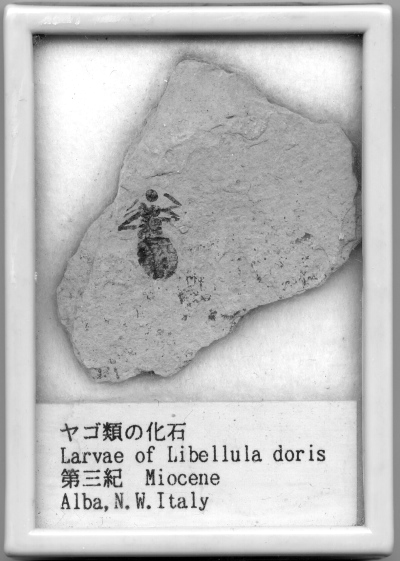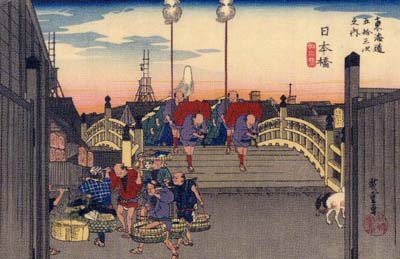After some discussions in the library of Tokyo National University of Fine Arts and Music, the Ueno Park, and over a lucheon laden with glasses of wine, it has been tentatively agreed upon that I write a text first. Tetsuji would then compose the music.
The text is not going to be woven into the music as a lyric. I would most probably recite it as adjacent to Tetsuji's music.
Tetsuji composed "The Qualian Horizon" for orchestra (2005), and we have resonance in what we think and feel.
The premier for the composition is going to be on the 26th May 2007 in Osaka.

Tetsuji Emura (left) and Ken Mogi (right) in conversation in Ueno park, Tokyo.
Here's the text that I wrote for Tetsuji's music to be.
An Ode to the Potentially Infinite
Ken Mogi
written for the music of Tetsuji Emura
31st December 2006
Humans by their nature are cognitively closed,
as consciousness can get to know only itself.
Intimacy is privileged, exclusive, and selective.
By loving, we close our eyes to the passers by.
Everything is seen through a foggy mapping
of shadows cast on one's inner cosmos.
Qualia mirror the essence of things just so,
reflecting one's own prejudices and dreams.
Yet we mortal souls are not entirely alone,
life's poignant collision kick-starting our lives.
Mother caring for baby, father doing the nightshift,
raindrops of fortune occasionally falling from the sky.
Meeting people, learning how to care,
we extend our horizon, however slowly.
In the twilight we learn to aspire far away,
knowing that the star is never reachable.
Ruby at dawn, emerald in high noon.
As long as there's a "next", life showers us with gems and things.
We breathe in that sweet air of potential infinities,
the material of all that is bright in life.
As mortal beings, we do not know the end,
terminality unforeseen converted to fragile blessings.
Spring is eternal, as we drink from the cup
oblivious of the fest's final moment.
So here's an ode to the potentially infinite,
a ray of sunbeam in our humble existence.
Freedom, hope, beauty and love
all good things come from that well.
And finally, through the mind's fog
we faintly hear the footsteps
of those who remained in silence all our lives,
the long forgotten passers by.








